Has your dog been acting a bit odd? Are they not playing with others, constantly licking the floor, running when they hear shouting, or refusing to eat anything but cat food?
Maybe they're just unique...or maybe it's canine dysfunctional behavior.
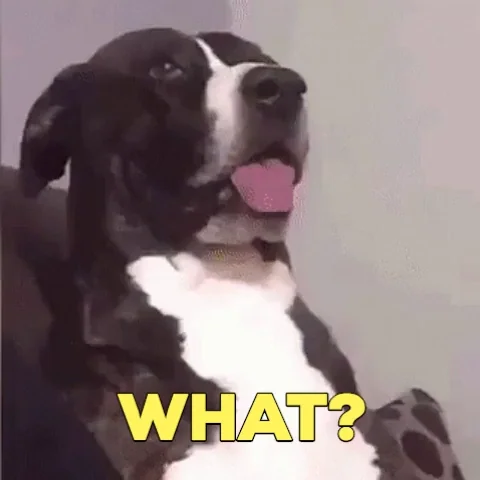
What's canine dysfunctional behavior?
It's a condition where dogs may have difficulties with social interactions, restricted repetitive actions, and sensory stimuli. It may indicate stress, anxiety, or difficulties coping with their environment.
Although the cause is unknown, it's believed these dogs may have hormonal imbalances — or they may lack certain "mirror neurons", which are believed to be helpful for dogs when socializing.
If you think your dog might have canine dysfunctional behavior, look out for these three signs.
1. Antisocial Tendencies
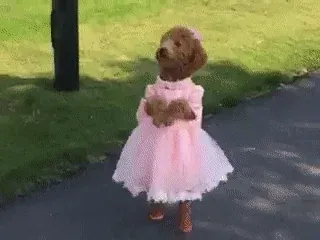
Dogs are very social animals that love to play and interact with other animals and humans. Socialization, especially as puppies, is extremely important. It helps them be less likely to be aggressive or fearful towards others as they grow up.
How do dogs typically socialize?
They use their body posture, facial expressions, tail movements, ear positions, barking, and scents. 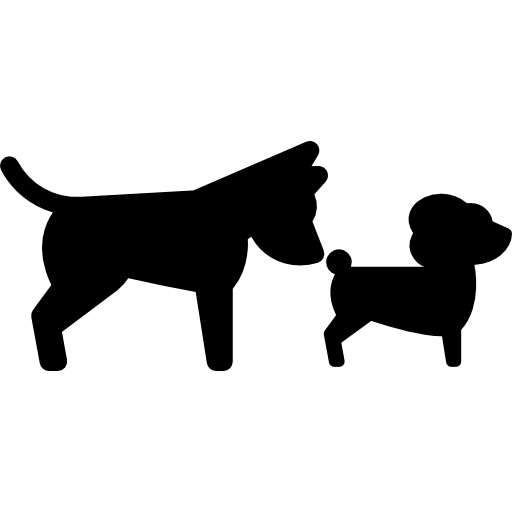
How would an antisocial dog socialize?
From the subtle to the obvious, these dogs will act quite differently from their more social counterpart. Some things you'll notice with canine dysfunctional behavior:
Lack of interest in dogs, humans, etc.
Avoiding eye contact
Staring off into space
Poor body language (they seem flat)
Being defensive and aggressive
Lack of awareness to you during play
Unable to read "doggy" social cues
Anxiousness & avoidance around others

2. Repetitive Behaviors
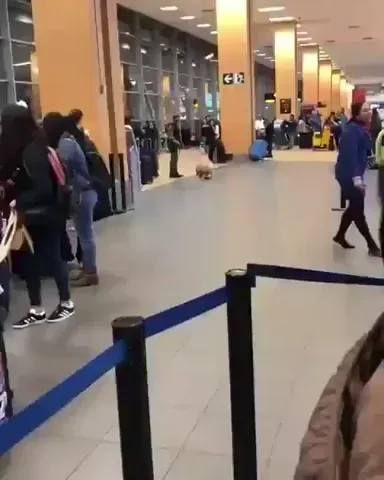
Picture this: your pet Winny the poodle, decides to chase her tail. You figure it will last a second or two...but it doesn't. It goes on and on — even at 3 AM. She'll bite so hard that she bleeds. Winny presents obsessive-compulsive behaviors.
What are obsessive-compulsive behaviors in dogs?
These behaviors happen when dogs perform normal behaviors too frequently and extremely, which interferes with their needs to play, sleep, and even eat. This is also known as repetitive behavior.
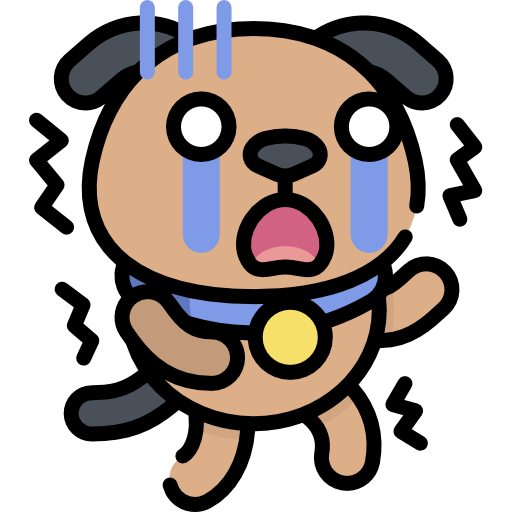
Repetitive behaviors include:
Tail-chasing
Excessive licking
Pacing
Spinning
Circling
Teeth grinding
Lining up toys/objects
Obsessive chewing
Constant barking
Excessive drinking
3. Sensitivities
Just like humans can have sensitivities, dogs can too. Some people really dislike cold showers. A dog might hate loud noises.
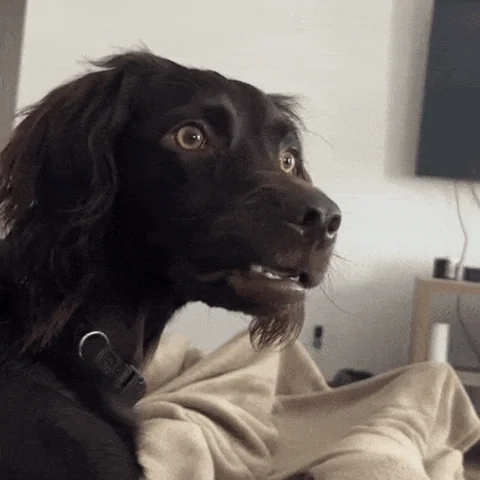
What might you see if a dog has a lot of sensitivities?
Whining at the slightest head pat
Avoiding new environments
Retreating to a "safe place"
Difficulties with balance and direction
Become overly aggressive or fearful to certain sounds or sights
Only eating foods of a specific texture
Not responding to their name
Anxiousness (painting, circling, pacing)

Talk To Your Vet!
If your dog seems antisocial, repeats behaviors, or has a lot of sensitivities, talk to your vet! A vet can offer you suggestions on what to do to help your dog live its best life.
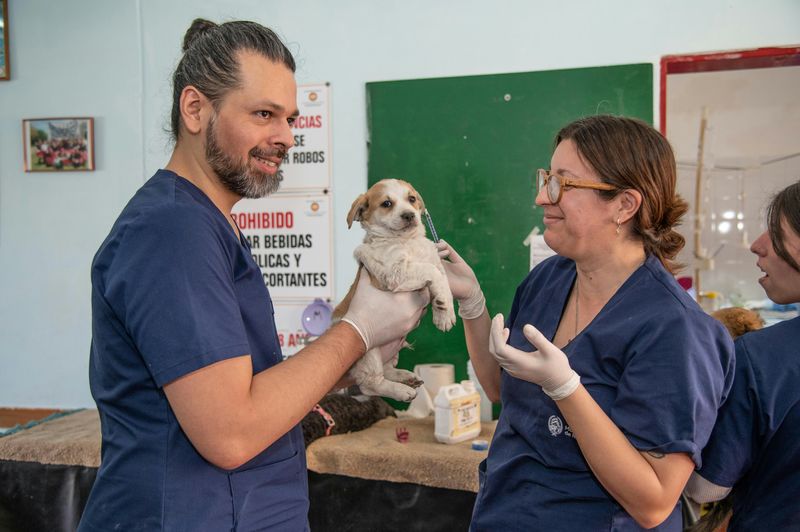 Photo by Jonatan Bustos on Unsplash
Photo by Jonatan Bustos on UnsplashRemember: diagnosis or not, canine anti-social behavior doesn't stop them from being a part of the family!
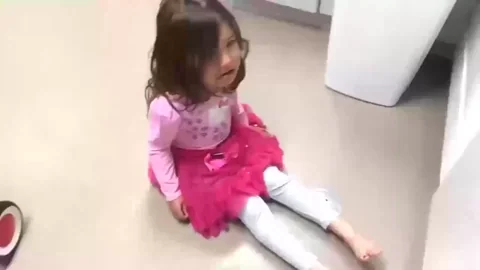
Quiz
Taco is a shy puppy who doesn't play with other dogs and always hides. Taco also constantly chews his bed and growls at its owner. What should Taco's owner do? Select all that apply:
Take Action
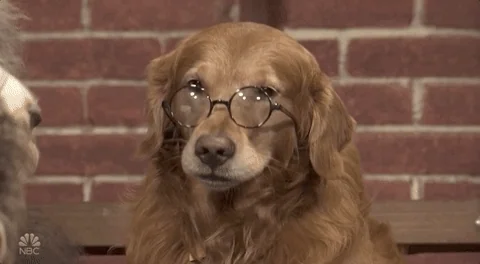
Your feedback matters to us.
This Byte helped me better understand the topic.
